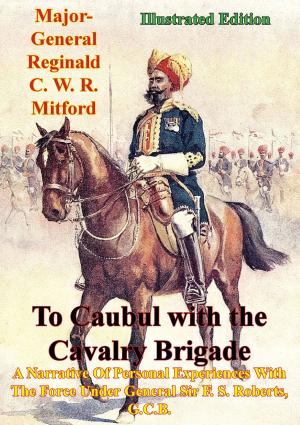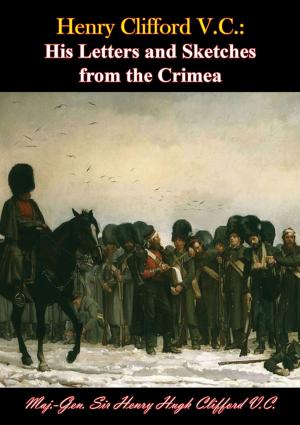Frederick The Great And Bismarck: Standards For Modern Strategists
Nonfiction, History, Military, Other, Germany, British| Author: | LTC William H. Janes | ISBN: | 9781782897729 |
| Publisher: | Normanby Press | Publication: | August 15, 2014 |
| Imprint: | Normanby Press | Language: | English |
| Author: | LTC William H. Janes |
| ISBN: | 9781782897729 |
| Publisher: | Normanby Press |
| Publication: | August 15, 2014 |
| Imprint: | Normanby Press |
| Language: | English |
Makers of modem strategy have an unprecedented challenge in our complex world. American strategists have been criticized for strategic failures since World War II. Congressional investigations have been initiated to examine the strategic education of senior military officers. The news media is replete with criticism of our strategy. The lingering question is how can a nation with our sophisticated educational system and highly intelligent leaders fail to develop a coherent, consistent, and productive strategy? This study examines two historical strategists, Frederick the Great and Otto von Bismarck, to determine if history provides any solutions for modern strategists.
The study uses Michael Howard’s elements of grand strategy. Five elements of grand strategy are discussed: operational, logistical, social, technological, and political. Frederick’s and Bismarck’s use of these elements is examined during the times they dominated policy making in Prussia. Their methods provide valuable insights about strategy development. This paper does not provide a solution to our modern problems with strategy. Rather, it focuses on two models. One model contains the elements of grand strategy. The second model provides criteria to evaluate the development and execution of strategy: determination, consistency of purpose, realism, creativity, vision, flexibility, and decisiveness.
The conclusions verify Frederick’s and Bismarck’s strategic effectiveness. Frederick as King and Bismarck as Prime Minister provide numerous examples of successful implementation of grand strategy. Although our world is more complicated, there are definite applications for the modern strategist.
Makers of modem strategy have an unprecedented challenge in our complex world. American strategists have been criticized for strategic failures since World War II. Congressional investigations have been initiated to examine the strategic education of senior military officers. The news media is replete with criticism of our strategy. The lingering question is how can a nation with our sophisticated educational system and highly intelligent leaders fail to develop a coherent, consistent, and productive strategy? This study examines two historical strategists, Frederick the Great and Otto von Bismarck, to determine if history provides any solutions for modern strategists.
The study uses Michael Howard’s elements of grand strategy. Five elements of grand strategy are discussed: operational, logistical, social, technological, and political. Frederick’s and Bismarck’s use of these elements is examined during the times they dominated policy making in Prussia. Their methods provide valuable insights about strategy development. This paper does not provide a solution to our modern problems with strategy. Rather, it focuses on two models. One model contains the elements of grand strategy. The second model provides criteria to evaluate the development and execution of strategy: determination, consistency of purpose, realism, creativity, vision, flexibility, and decisiveness.
The conclusions verify Frederick’s and Bismarck’s strategic effectiveness. Frederick as King and Bismarck as Prime Minister provide numerous examples of successful implementation of grand strategy. Although our world is more complicated, there are definite applications for the modern strategist.












![Cover of the book A Lady’s Diary Before and During the Indian Mutiny [Illustrated Edition] by LTC William H. Janes](https://www.kuoky.com/images/2015/november/300x300/9781786253651-M81u_300x.jpg)

![Cover of the book Forty-One Years In India - From Subaltern To Commander-In-Chief [Illustrated Edition] by LTC William H. Janes](https://www.kuoky.com/images/2015/november/300x300/9781782898412-v6p2_300x.jpg)
